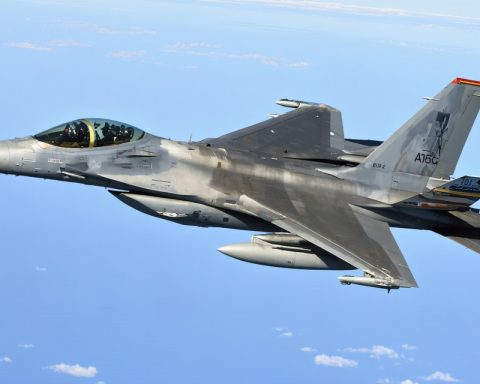Die Lectric XPeak von Lectric Ebikes sorgt mit ihrem erschwinglichen Preis und beeindruckenden Funktionen in der E-Bike-Branche für Aufsehen. Mit einem Preis von 1.399 US-Dollar zieht dieses budgetfreundliche Fat-Tire E-Bike Fahrer an, die abseits der Straße unterwegs sein und die Welt um sich herum erkunden möchten.
Der Montageprozess des Lectric XPeak ist unkompliziert, da das Fahrrad bereits zu etwa 85% montiert geliefert wird. Lectric Ebikes hat bewusst darauf geachtet, Kunststoff- und Schaumstoffverpackungen zu reduzieren und stattdessen auf recycelbare Materialien wie Papier und Karton zu setzen. Dies macht nicht nur die Verpackung umweltfreundlicher, sondern vereinfacht auch den Montageprozess.
Bei unserer ersten Fahrt, die wir gerne als Abstimmfahrt bezeichnen, stellten wir fest, dass das Lectric XPeak eine solide Leistung bietet. Der bequeme Sitz und die verstellbare Fahrposition sorgen für ein angenehmes Fahrerlebnis. Die hydraulischen Bremsen sorgen für eine ausgezeichnete Reaktionsfähigkeit, während der Griff an den Lenkstangen Kontrolle und Vertrauen beim Lenken gewährleistet.
Ein Bereich, in dem Verbesserungspotenzial besteht, ist die überladene rechte Seite der Lenkstangen, auf der sich sowohl ein Daumenschalthebel als auch ein Daumen-Gashebel befinden. Außerdem könnte die vordere Scheinwerferkabel besser verlegt sein. Diese kleinen Nachteile können jedoch leicht mit einfachen Lösungen wie Kabelbindern behoben werden.
Das Lectric XPeak bietet ein hervorragendes Preis-Leistungs-Verhältnis in der Kategorie der günstigen Fat-Tire E-Bikes. Die Reifen haben eine maximale Druckbegrenzung von 20 psi für eine komfortablere Fahrt und sind mit Reifendichtmittel ausgestattet, um das Risiko von Reifenpannen zu verringern. Für zusätzlichen Schutz empfehlen wir die Verwendung eines robusten Reifenliners für den täglichen Gebrauch.
Der Gepäckträger auf dem XPeak ist robust und vielseitig einsetzbar, was ihn ideal zum Transport von Lebensmitteln, Schulranzen oder zur Befestigung von Lectric’s hinteren Packtaschen macht. Mit einer maximalen Traglast von 60 Pfund bietet er ausreichend Stauraum für unterwegs.
Insgesamt ist das Lectric XPeak eine ausgezeichnete Wahl für Fahrer, die ein budgetfreundliches Fat-Tire E-Bike suchen. Obwohl es sich nicht in extremen Offroad-Bedingungen auszeichnet, sind seine fetten Reifen und die aufgerüsteten vorderen Stoßdämpfer für gelegentliches Trail-Riding geeignet. Mit dem aktuellen Angebot eines kostenlosen Starterzubehörkits, einschließlich eines Gepäckträgers, Schutzblechen und eines Ersatzakkus, bietet das Lectric XPeak ein unschlagbares Preis-Leistungs-Verhältnis in seiner Preisklasse. Machen Sie sich bereit für neue Abenteuer mit dem Lectric XPeak und erkunden Sie die Welt um Sie herum.











